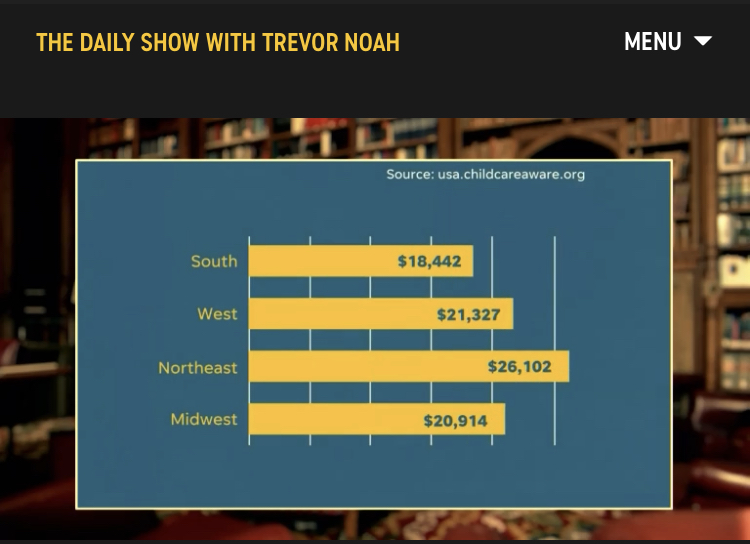USA Today
For the hundreds of thousands of low-income parents who rely on subsidized preschool services, those programs do much more than care for and educate their children. They provide nutritious meals and health screenings, resources to support housing stability and financial security.
That, advocates argue, attests to the crucial role such programs play in the COVID-19 vaccine rollout – and why early-childhood workers should be given priority for the shots.
Infection rates are, according to one study, highest among Native American, Black and Latino early-childhood workers, though it's unclear whether they contracted the virus in child care settings. Women of color, who are overrepresented in that workforce, are more likely to get COVID-19 than their white counterparts.
Yet some states haven't grouped early-childhood workers with other teachers on their lists of who gets precedence for vaccination. Even in places that have technically included such workers in one of the first vaccination phases, confusion remains over how and where to make that happen.
According to the research and advocacy organization Child Care Aware of America, five states and Washington, D.C., prioritize K-12 staff over early-childhood workers for the COVID-19 vaccine. Another four states have yet to clarify when the latter group can access it.





